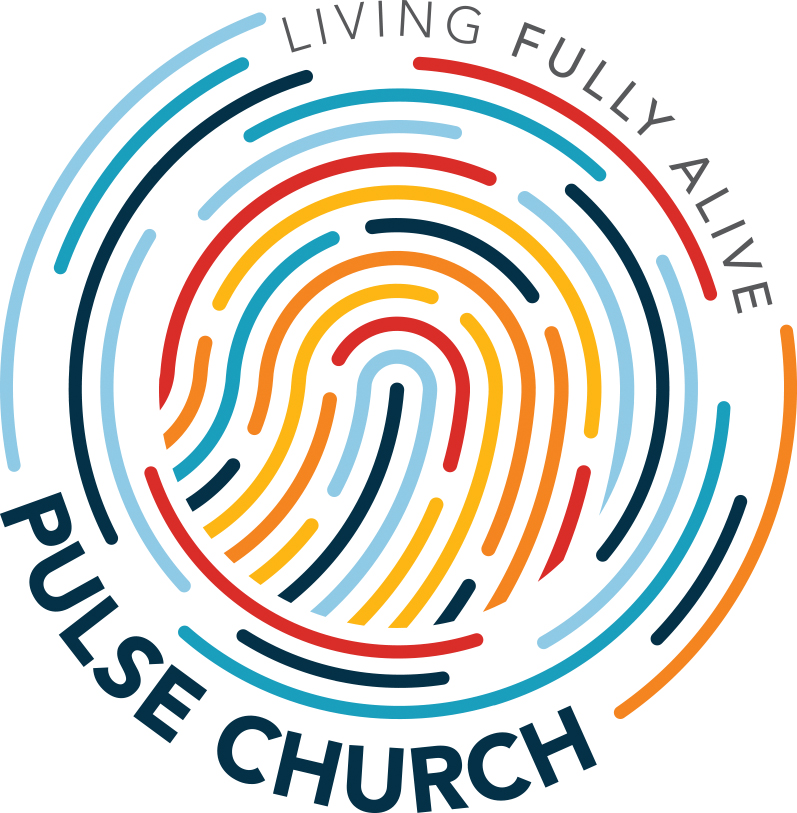In my walk with the Lord, I have found that I have not always paid attention to the development of godly love (agape) in my inner person. It's a theme that resounds throughout Scripture, reminding us that at the core of God's character lies love itself (1 John 4:16). But how often do we truly pause to consider the depth and breadth of this divine love stirring within us?
Centrality of Godly Love
Jesus encapsulated the centrality of godly love in the Christian life when he declared, “‘Love the Lord your God with all your heart and with all your soul and with all your mind.’ This is the first and greatest commandment. And the second is like it: ‘Love your neighbor as yourself.’” (Matt 22:37-40). Christ's words aren't merely a suggestion but the heartbeat of authentic Christianity. Without godly love, we are just noisy gongs (1 Cor 13:1).
Christ's words aren't merely a suggestion but the heartbeat of authentic Christianity. Without godly love, we are just noisy gongs.
Our identity as Christ followers’ hinges on the tangible expression of godly love in our relationships (John 13:34-35). Love should inform the posture of our hearts and our daily attitudes towards one another. It should shape how we perceive the character of God and guide our vision of the transformation taking place within us. In essence, love should be the common language that flows from our hearts.
Love should be the common language that flows from our hearts.
Imagine if godly love became our default response, the lens through which we view the world, and the foundation upon which we build our lives. How might this love redefine our communities, our churches, and our individual journeys of faith? When we disciple new believers, how central is godly love in how we relate to them and direct them to walk, and recognize the new person being formed in them?
Cultivating Godly Love
In 1 Corinthians 13:4-7, the apostle Paul provides a portrait of godly love: it is patient, kind, does not envy or boast, is not rude or self-seeking, is not easily angered, keeps no record of wrongs, takes no pleasure in evil but rejoices in the truth, bears, believes, hopes, and endures all things. Take a moment to examine your own heart in light of these characteristics. Which aspects of godly love have taken root within you, enriching your relationships and shaping your character? And where do you find room for growth and refinement?
Consider practical ways to nurture godly love in your daily life. It may involve extending forgiveness to those who have wronged you, showing kindness to strangers, or simply choosing to listen with empathy and compassion. Let these acts of love become a reflection of God’s love that dwells within you, illuminating the path for others to encounter his transformative love.
Conclusion
As we journey onward, let us continue to pursue a godly love—a love that transcends boundaries, heals wounds, and restores brokenness. Let us recommit ourselves to cultivating this divine love, allowing it to permeate every facet of our existence and radiate outward to a world in desperate need of hope and healing.



